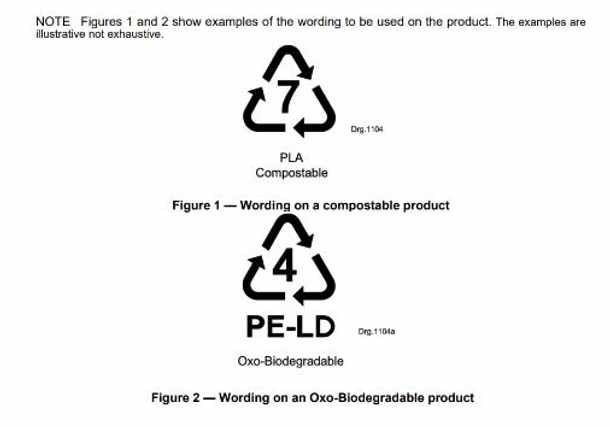Biodegradable plastics packaging 03-02-2023 - Arhive
Biodegradable plastics packaging
-SABS warns about unverified biodegradable plastics claims
National verification and standards organisation the South African Bureau of Standards (SABS) has warned against vague claims that plastics are environment-friendly or nonpolluting.
It says manufacturers that wish to claim their plastic packaging is degradable need to subject the packaging to the relevant testing and certification requirements of the newly published South African National Standard (SANS) 1728.
The SANS 1728 sets out the requirements for the marking and identification of degradable plastics. Degradable plastics include, but are not limited to, biodegradable, compostable, oxo-biodegradable and water-soluble plastics. Biodegradable plastics packaging
Further, the national standard advises consumers to recognise the correct markings and to be aware that any product that claims to have degradable plastic packaging needs to be verified according to the standard, which is aligned to global requirements.
“Vague environmental claims such as environmentally safe, environment-friendly, Earth-friendly, nonpolluting, green, ozone-friendly or plastic free, among others, are specifically cautioned against in SANS 1728,” explains SABS acting CEO Dr Sadhvir Bissoon.
“Currently, in South Africa, there are no products that have been certified by the SABS as compliant or meeting the requirements of SANS 1728, and consumers are urged to be vigilant when purchasing plastic products that make unverified claims of being degradable, environment-friendly or plastic free. Biodegradable plastics packaging
“Manufacturers need to ensure they have verified the type of plastic in their packaging before they can make any claims about their products,” he emphasises.
SANS 1728 requires that the plastic material used in the packaging must be noted on the packaging, using a material identification code from one to seven and contained in a triangle.
The number one contained in a triangle denotes polyethylene terephthalate, two for high-density polyethylene, three for polyvinyl chloride, four for low-density polyethylene (PE-LD), five for polypropylene, six for polystyrene, and seven for all other materials, such as acrylonitrile butadiene styrene, polylactic acid (PLA) and styrene-acrylonitrile resin.
“Should the plastic packaging be of a degradable nature, it will be indicated below the triangle, such as a triangle containing the number seven with PLA Compostable written below, or a triangle containing a four with PE-LD Oxo-biodegradable written below,” the SABS highlights. Biodegradable plastics packaging
South Africa generates 2.4-million tonnes a year of plastic waste, according to environmental conservation organisation the World Wide Fund for Nature, meaning every South African contributes about 41 kg of plastic waste a year, and about 14% of this is recycled.
The Department of Forestry, Fisheries and the Environment holds the authority and regulatory power over packaging.
The SABS, together with other national standards bodies and standardisation forums, continues to work to provide standards and guidelines for environment-friendly production and processing of plastics and plastic products, the standards body says.
Biodegradable plastics packaging

